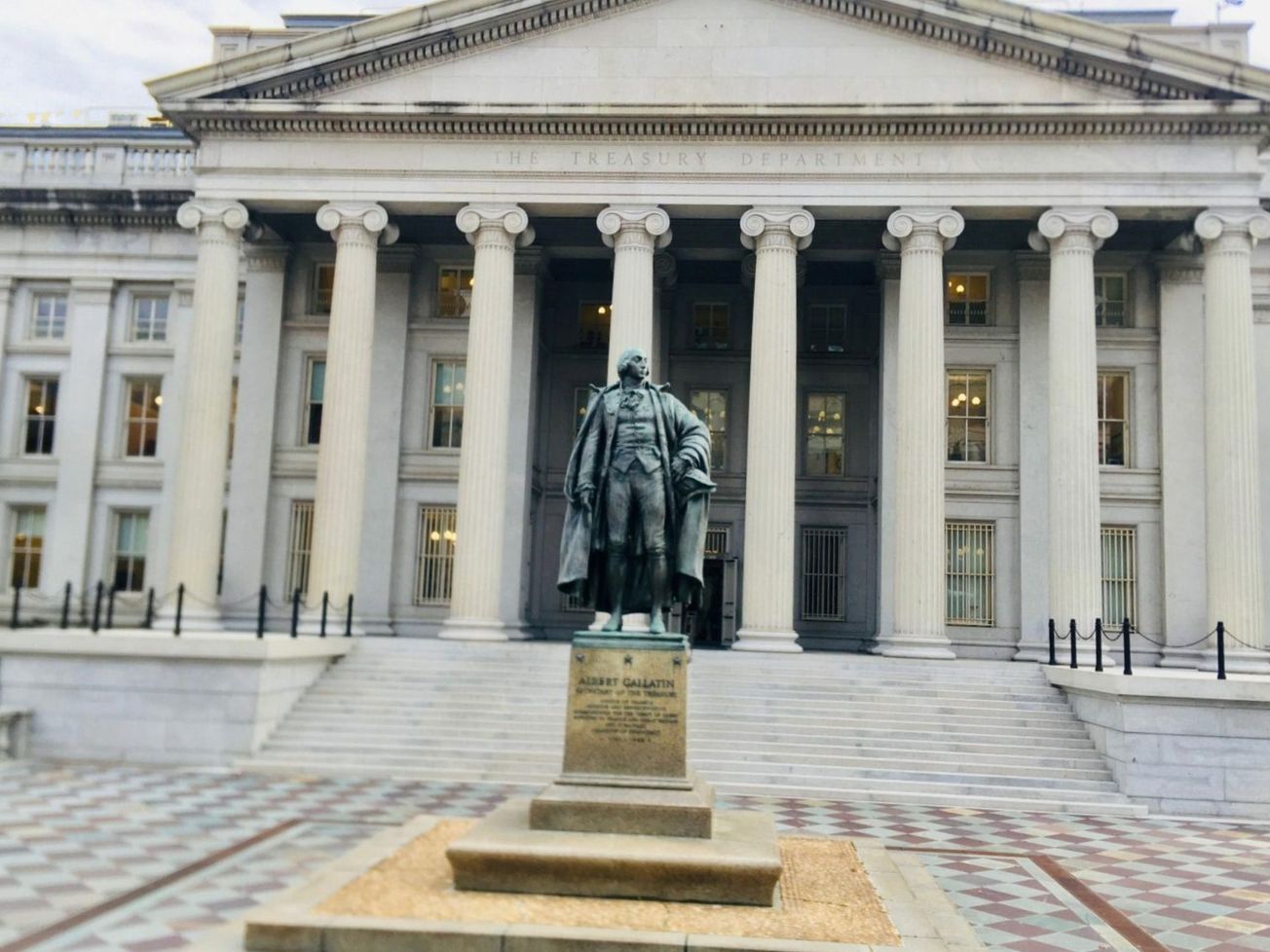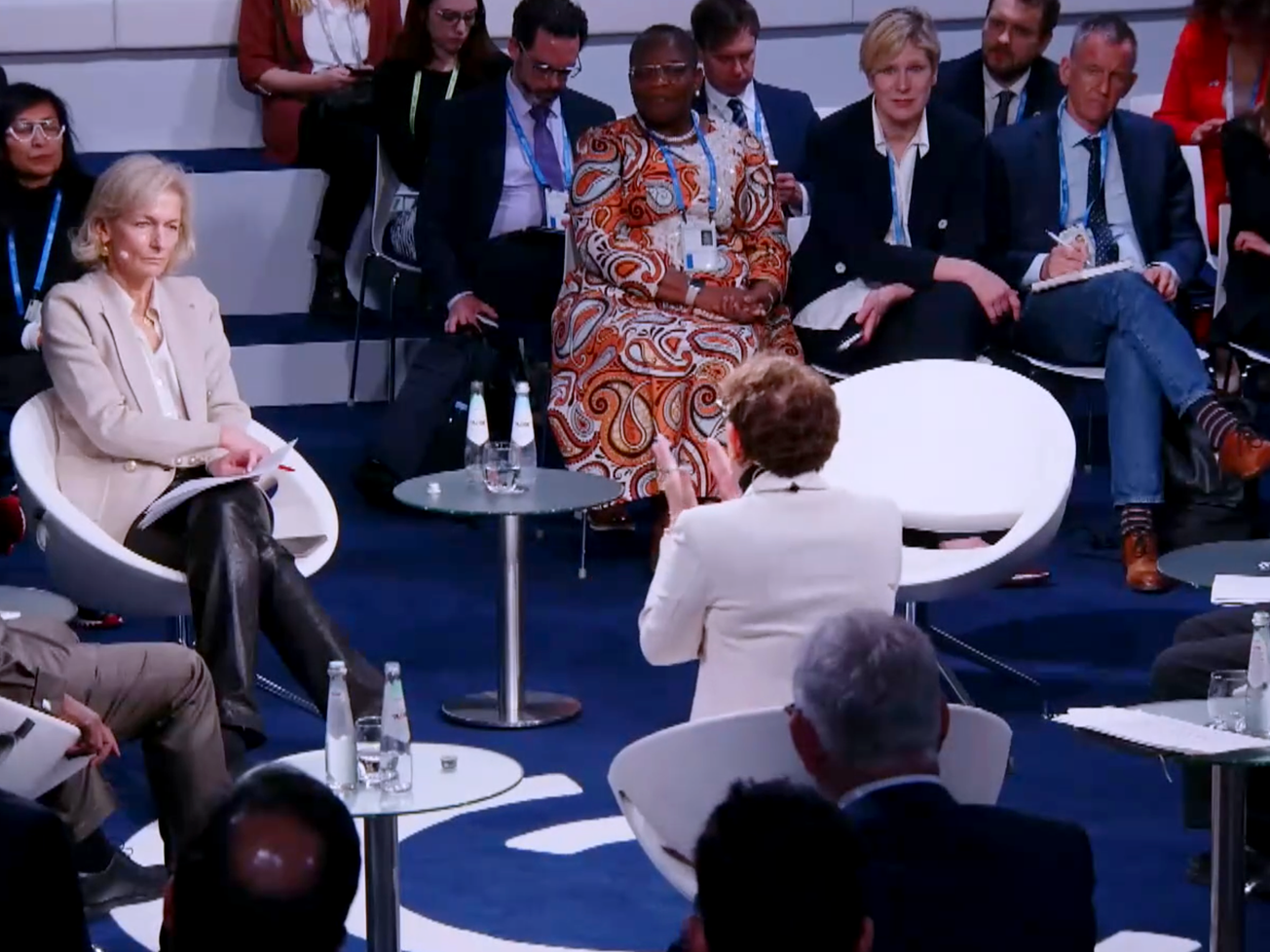WASHINGTON (AN) — The International Monetary Fund was thrust into a dispute over currency manipulation on Wednesday as the United States formally accused Vietnam and Switzerland of improperly intervening in foreign exchange markets.
IMF, which provides emergency loans for nations to weather economic crises, prohibits nations from manipulating their currency to gain an unfair trade advantage. Though it lacks the ability to demand changes to a nation's exchange rate policy, IMF serves as a backbone for the international monetary system and its 190 member nations must adhere to its rules.
The U.S. Treasury Department issued an annual report in which it called Vietnam and Switzerland currency manipulators and put 1o other nations — China, Germany, India, Italy, Japan, Malaysia, South Korea, Singapore, Taiwan and Thailand — on a monitoring list of major trading partners that "merit close attention" to their currency practices.
“The Treasury Department has taken a strong step today to safeguard economic growth and opportunity for American workers and businesses,” Treasury Secretary Steven Mnuchin said in a statement. “Treasury will follow up on its findings with respect to Vietnam and Switzerland to work toward eliminating practices that create unfair advantages for foreign competitors.”
The report said that over the four quarters through June 2020, four major U.S. trading partners — Vietnam, Switzerland, India and Singapore — intervened in the foreign exchange market in a sustained, asymmetric manner.
"Two of these economies — Vietnam and Switzerland — exceeded the two other objective criteria established by Treasury to identify potentially unfair currency practices or excessive external imbalances," the report said, "which could weigh on U.S. growth or harm U.S. workers and firms."
The U.S. Treasury labels nations as currency manipulators if they have at least a US$20 billion trade surplus with the United States, and their foreign currency interventions and global current account surplus exceed 2% of GDP. By weakening its currency and lowering the prices that foreign importers pay, a nation can gain an export advantage.
Designating another nation as a currency manipulator could lead to the imposition of penalties, including tariffs, but usually leads to diplomat talks that involve IMF findings. A fundamental part of IMF's role is to manage the global regime of exchange rates and international payments by heading off risks to international monetary and financial stability.
The last time the U.S. Treasury called another country a currency manipulator was in August 2019 with China. Just days afterward, however, IMF reported it saw little evidence that China's central bank deliberately reduced the renminbi's value.
This past January, the Trump administration dropped its accusation after Washington and Beijing reached a trade deal to lower China’s huge trade surplus with the United States.
https://twitter.com/SalehaMohsin/status/1339201170200530948?s=20
IMF reports supportive of Vietnam, Switzerland
Vietnam stands accused by the U.S. Treasury of manipulating its đồng to gain unfair competitive advantage in international trade. The U.S. Treasury called on Vietnam — which reported making net foreign exchange buys of US$16.8 billion in the past year ending in June, equal to about 5% of its GDP — to let its managed currency appreciate faster.
Vietnam, which is the United States' 13th biggest trading partner, “conducted large-scale and protracted intervention, much more than in previous periods, to prevent appreciation of the đồng," according to the U.S. Treasury. Numerous American companies have plants in Vietnam, which also has risen in importance to the U.S. amid its trade war with China.
Just last month, however, IMF staff teams concluded Vietnam's monetary policy easing and temporary financial relief measures alleviated liquidity pressures, lowered the cost of funding and facilitated continued flow of credit.
“"Greater two-way exchange rate flexibility within the current framework would reduce the need to build reserve buffers and facilitate the adjustment to a potentially more challenging external environment," Era Dabla-Norris, IMF's mission chief for Vietnam, said in a statement. "The mission welcomes the authorities’ commitment to gradually modernize its policy frameworks."
Switzerland, the United States' 16th biggest trading partner, was labeled as a currency manipulator due to its high capital-account surplus and bilateral trade balance. The U.S. Treasury said that Switzerland “conducted large-scale one-sided intervention, significantly larger than in previous periods, to resist appreciation of the franc and reduce risks of deflation.” Switzerland’s foreign currency interventions, the U.S. Treasury said, came to 14% of GDP.
The Swiss National Bank strongly rejected those claims. “Switzerland does not engage in any form of currency manipulation,” the central bank said, emphasizing that it remains "willing to intervene more strongly" in the foreign exchange market to ensure appropriate monetary conditions and price stability.
For most of the past decade, the Swiss have fought to protect Swiss exports and the country's vital tourism industry by keeping a ceiling on the value of the Swiss franc, which traders typically turn to as a safe haven in volatile times. Last year, IMF officials issued a report in which they approved of Switzerland's negative interest rates and interventions.
"Accommodative monetary policy," the IMF said, "comprising a negative interest rate and a willingness to purchase foreign currency, helped to mitigate safe-haven pressures on the franc, thereby averting deflation and supporting real activity."







